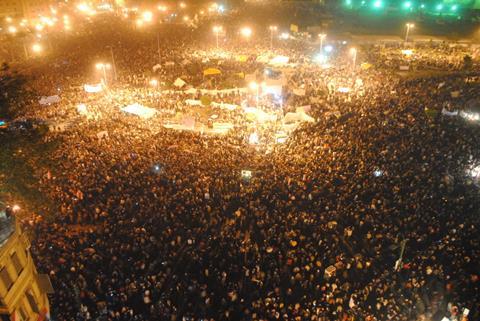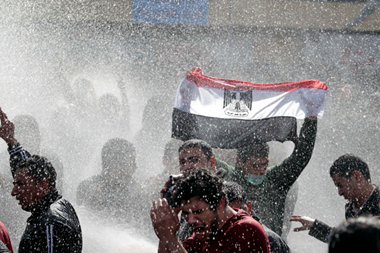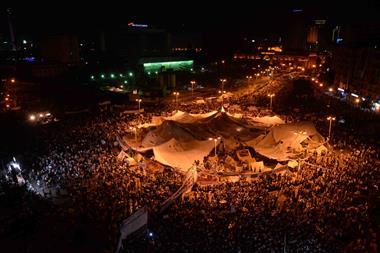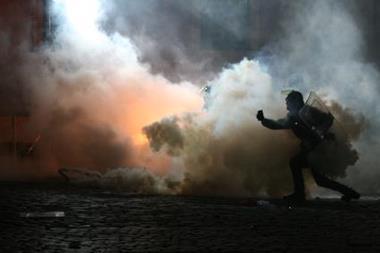More clashes in Egypt over parliamentary elections show a lack of understanding from the armed forces, but the country’s democratic movement has an “unstoppable momentum”

Renewed violent clashes in Cairo’s Tahrir Square have left about 800 people injured in the past week. The protesters are demanding that Egypt’s military rulers transfer power to a civilian government as soon as possible.
The demonstrations awoke concern about the country’s security as parliamentary elections take place today (November 28th). And there are fears that the Egyptian revolution is about to kick off again.
Aegis Advisory’s strategic risk analysis said that another uprising is unlikely and the military’s aggressive response to the protests is “merely a function of instinct”.
The Supreme Council of the Armed Forces (SCAF) is “fundamentally unsuited to understand the kind of popular upheaval that Egypt has faced this year”, Aegis Advisory said, as it is “old, hierarchical and instinctively conservative”.
While the army may not be able to respond to the clashes quickly and appropriately enough due to a lack of understanding, there is “little doubt [the army] recognises the unstoppable momentum driving the country to a democratic end-state”.
It is questionable whether the parliamentary elections will produce genuinely representative results and how the public will react.
Aegis Advisory suggested that the SCAF and its “search for order” acknowledges a need for popular legitimacy, which will hold them back from surrendering to the protesters’ “unrealistic” demands and “questionable” popular support.
External investors in Egypt are advised to watch how the SCAF’s transition plan will change over time. The generals’ lack of understanding of the economy’s current state will hamper Egypt’s economic development, warned the analysts.
“A legitimate civilian government might be better able to conduct economic policy, while a popular political process might reassure investors that Egypt’s future is broadly stable,” Aegis said.




















No comments yet